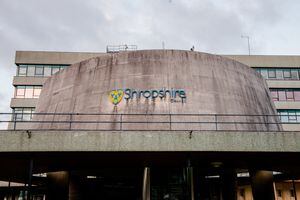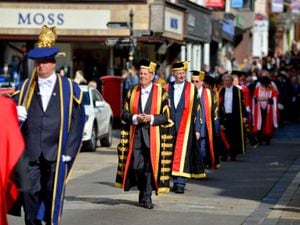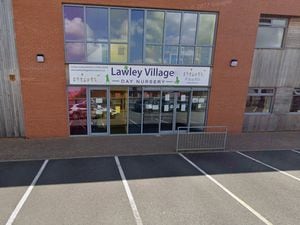Music service focus for councillors
One-to-one music classes in Shropshire schools can be as short as 10 minutes, but the manager of the tuition service says their prices are “on the fine line”, and if the rate were any cheaper they would not attract high-quality teachers.

Shropshire Music Service was formed in the 1960s and was originally fully council-funded, but its lessons are now bought in.
Councillor Julian Dean said he wondered about the value of the 10-minute sessions his son attends, and Music Service manager Alison Stevens said they try to encourage students to group together to spread the cost of longer classes.
Ms Stevens told Shropshire Council’s People Overview Committee the Music Service provides “audits of music provision”, and expects to receive a lot of requests ahead of new subject-targeted Ofsted inspections.
A report by Ms Stevens, written in advance of the meeting, said: “Countless studies have shown that music education is beneficial to young people.
“Not only does it promote wellbeing and self-esteem, and nurture life skills such as concentration and teamwork, but it is now universally accepted that music education improves academic performance.”
Cllr Dean agreed, adding: “There is a big trend towards mindfulness, and, it seems to me, practising scales is the most mindful thing you can do.
“But there is a concern that, overall, we are seeing a decline in music education.
“Certainly, when my son was at school, his lessons were down to 10 minutes, which doesn’t seem to be an opportunity that has much value.”
Ms Stevens said: “What we would try to encourage is to have two students together for 20 minutes or three for 30 minutes, and have them each pay in 10 minutes’ worth of the combined fee.”
Ms Steven’s report described Shropshire Music Service’s 60 teachers as “highly-skilled, experienced and dedicated professionals”, and she told the People Committee the company was “on the fine line of how much we can charge”.
She added: “If we put fees down we can’t afford that, and if we put them up, schools wouldn’t buy the lessons.”
Her report added that disadvantaged pupils can receive up to 50 per cent off fees and instrument hire, whole-class instrumental teaching “is offered to all schools in the county at a heavily subsidised rate”, and “free audits of music provision” are provided.
“Ofsted have changed their criteria for how they inspect,” Ms Stevens said.
“You will now have a ‘deep dive’ after discussion with the headteacher. The head is allowed to promote what they think is their best subject at the school and their weakest.
“One way or the other, music will feature, so a lot more schools are contacting us to conduct an audit.”





